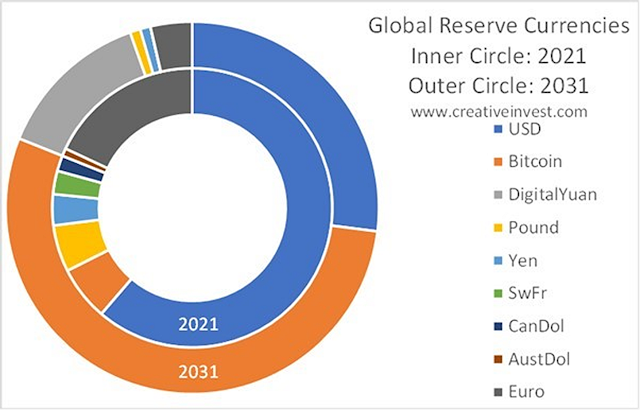Recent Supreme Court decisions damage the international reputation of the US.
On June 24, the Court, in Dobbs v. Jackson Women’s Health Organization, upheld a Mississippi law that banned abortions after 15 weeks of pregnancy, with no exception for rape or incest. The decision strikes down the landmark Roe v. Wade decision.
In West Virginia v. US Environmental Protection Agency (EPA) prevents the agency from regulating greenhouse gas emissions, a core mission and task of the EPA. The regulation questioned concerns carbon dioxide generated by power plants — in the middle of increased global efforts to reduce these emissions. This case was based on the Clean Power Plan, a plan to cut emissions from coal-fired power plants that was never implemented. Biden tried to have the case dismissed since the policy at issue was not operational nor was it being resurrected. The Court ruled anyway. The EPA decision will have the added impact of limiting the ability of the US government to address social costs imposed by business activity in other areas.
To review the decisions, see: https://www.supremecourt.gov/opinions/21pdf/20-1530_n758.pdf and https://www.supremecourt.gov/opinions/21pdf/19-1392_6j37.pdf
These actions damage the international reputation of the US. Given the growing recognition of the role women's rights and environmental factors and practices play in the valuation of companies, it will lead to a decline in the value of US firms. It will also lead international consumers to substitute away from US products and toward those created by companies headquartered in more environmentally responsible jurisdictions. These factors will add to a growing international movement away from the US dollar as global reserve currency.
This points to a growing lack of judicial and administrative rationality that has negative implications for the country as a whole.

